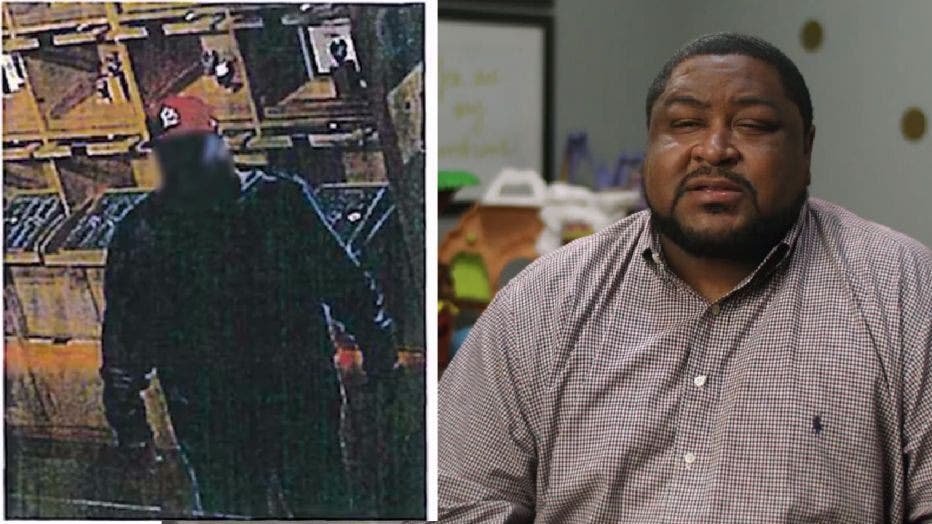Farmington Hills man misidentified by facial recognition technology testifies at Congressional hearing
Farmington Hills man taking his battle of facial recognition misidentification to Congress
A Black Farmington Hills man misidentified by facial recognition software is taking his fight to Congress.
WASHINGTON - The Farmington Hills man who has sued Detroit police after being wrongfully identified by the department's facial recognition technology in a shoplifting investigation is testifying in front of a congressional subcommittee Tuesday.
Robert Williams was arrested and jailed in 2019 after he was accused of stealing from a Shinola store in Detroit, leading to charges. While they were eventually dropped, the incident and subsequent lawsuit against the department has increased scrutiny of the technology.
Williams will appear before the House Subcommittee on Crime, Terrorism, and Homeland Security, which is holding hearings on the controversial tech.

A photo of the alleged suspect wanted for theft in Detroit and Robert Williams. The ACLU said facial recognition software used by Detroit Police produced a false lead and a false arrest. (Photos via ACLU of Michigan.)
"I never thought I would be a cautionary tale. More than that, I never thought I’d have to explain to my daughters why their Daddy got arrested in front of them on our front lawn. How does one explain to two little girls that a computer got it wrong, but the police listened to it anyway and that meant they could arrest me for a crime I didn’t commit?" read the beginning of Williams's testimony.
He had just returned from work after receiving a call ordering him to turn himself in to the police. Believing it to be a prank, Williams testified that he when he arrived home, he was showed a piece of paper with his name on it and an arrest warrant for felony larceny.
He would spend 30 hours in holding before being released.
Concerns about facial recognition technology have become amplified in recent years in Detroit. Former police chief James Craig repeatedly tempered concerns about the tech, arguing it was but one tool that officers use when investigating crimes.
RELATED: Lawsuit filed against Detroit police after controversial facial recognition leads to wrongful arrest
But critics from the legislature and Congress argue it isn't accurate enough to be used to stop crime. Former state Rep. Isaac Robinson had introduced legislation to put a moratorium on the technology's use until better research was done. He died last year after a suspected COVID-19 infection.
Williams has partnered with the American Civil Liberties Union in his lawsuit against the police department.

